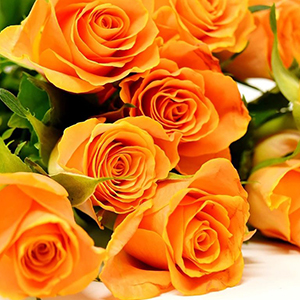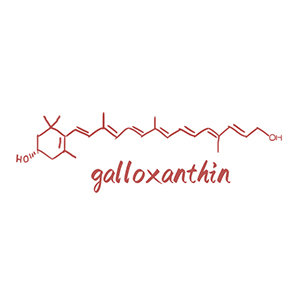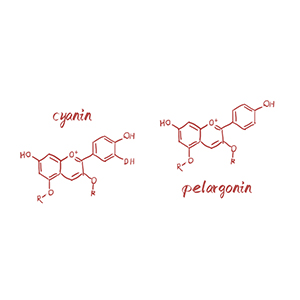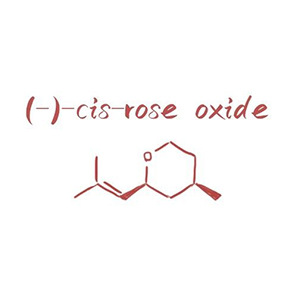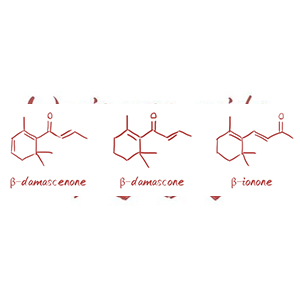The color of roses
First of all, where does the colorful color of the rose come from?
It depends on specific pigment molecules in the rose petals, of which there are two main types: carotenoids and anthocyanins. Of these, carotenoids provide roses with their yellow and orange hues. The one we are most familiar with would be beta-carotene, which is the most prevalent and stable natural pigment found in nature. In addition, there are many other types of carotenoids in roses, and a 1991 paper mentioned that at least 75 different carotenoids were found in 40 different yellow rose varieties.
Some of these carotenoids are unique to roses, while others are found in other plants or animals. Galloxanthin, for example, is also present in the retina of birds, suggesting that both roses and birds possess a similar enzyme that acts on carotenoids.
Anthocyanins give roses their red hue, and there are different types of anthocyanin compounds, but in much smaller amounts than carotenoids. The most common are cyanin and pelargonidin.
They interact with other colorless compounds in roses to eventually give the different shades of red we see, a process also known as copigmentation.
Fragrance of roses
The sweet aroma of roses also comes from several compounds. The cis-rose oxide (also called Rose oxide) gives the typical rose aroma, which is sweet and rich in strong floral and fruity notes. Our nose can detect it at only 5 parts per billion concentrations in the air. What is this concept? It’s the equivalent of pouring half a teaspoon of water into an Olympic swimming pool.
The other compound that contributes more is rose ketone, which includes compounds such as beta-damascenone, beta-damascone, and beta-ionone.
Terpenoids add to the fragrance, including geraniol, nerol, citronellol, and farnesol. These compounds are not unique to roses; they also occur in the aroma of other flowers.
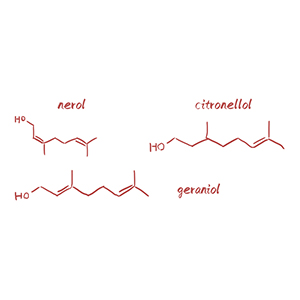
The above is the secret of the rose, is not very interesting? Welcome to follow the collection of uhplcslab’ website to get our latest news for the first time.
Post time: Aug-25-2022


